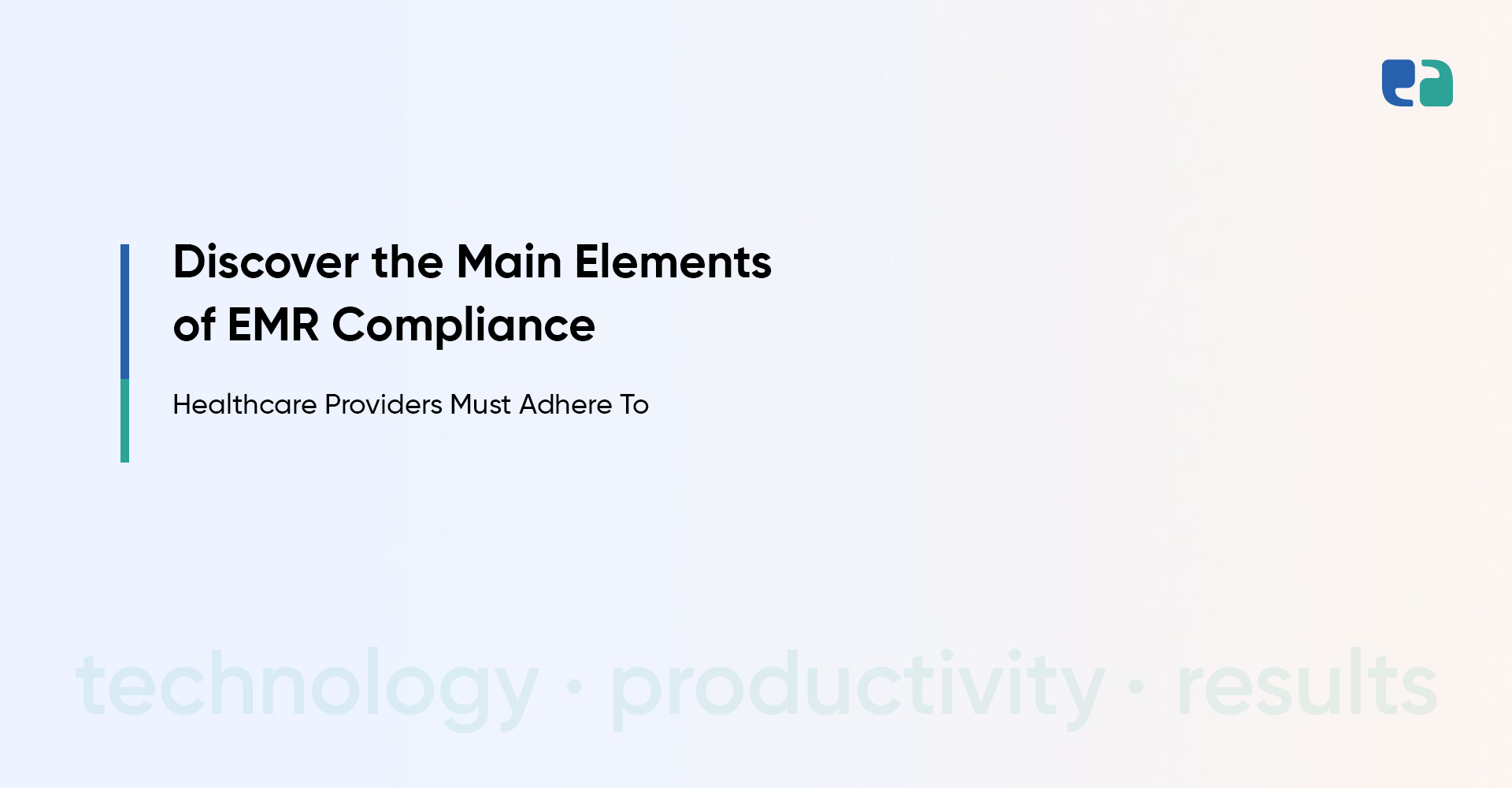The HIPAA regulation determines how medical data is used.
It protects the integrity and privacy of patient’s health information.
Each organization operating in the healthcare industry must comply with HIPAA.
As medical records are a crucial part of the healthcare industry, EMR HIPAA compliance services have skyrocketed in the past few years.
Healthcare software development companies should take precautionary steps to ensure HIPAA compliance.
The software platform should not compromise the privacy and integrity of patient data.
HIPAA Compliance with EMR/EHRs
HIPAA standards aim to enhance patient medical information protection.
All covered entities must adhere to HIPAA regulations for collecting patient data to bill and provide healthcare services.
The Protected Health Information (PHI) consists of:
- Insurance coverage
- Demographics
- Test results
- Immunizations
- Allergies
- Medical history
- Diagnoses
EMR HIPAA compliance is a major concern for all healthcare providers as this information must be protected.
The main elements of EMR compliance that providers need to adhere to are:
Data Security – a Major Concern for the Healthcare Stakeholders
With the increase in technology adoption in the healthcare industry, data security has become one of the major concerns for healthcare stakeholders.
With the rapid implementation of IoT-driven data collection and telehealth solutions, it has become crucial to adhere to the HIPAA guidelines for EHR integration and development.
To ensure the continuity of medical data security, technology development should be in lockstep with innovations.
Your technology needs + healthcare compliance = Our solutions
We’re an Ontario-based healthcare IT company.
We’ve been working in the healthcare industry for the past 8+ years and have successfully delivered 60+ projects.
If you want to integrate or develop your EMR/EHR, fill out the contact form, and let’s discuss how we can assist you in achieving your healthcare goals.



